If your skin is usually on the dry side, you’re probably very mindful about the products you use. You know the importance of deeply hydrating skincare products, and you likely avoid matte makeup products. The goal of skincare for dry skin is to hydrate and brighten.
There are many moisturizers for dry skin, but finding a cleanser for dry skin can be a challenge. If your skin doesn’t produce a lot of oil, stripping it of what little moisture it naturally has can make caring for your skin difficult.
Here’s what you should know about choosing a cleanser that’s gentle on dry skin.
How Does Cleanser Affect Your Skin?
Cleansing is one of the most important steps in your skincare routine. Even if your skin doesn’t appear to be dirty, it’s been collecting debris, dead cells, oil, bacteria, and environmental pollutants throughout the day. This buildup can rest on the top of your skin and can even cause breakouts and irritation if you don’t wash them away.
If you have dry skin, you may have had negative experiences with cleansers in the past. Harsh formulas can remove the impurities from your skin, but they can also leave it even drier in the process.
This drying effect comes from ingredients called surfactants that are often found in cleansers. They create a lather to remove dirt and impurities, but they also take away a lot of the good things your skin needs to protect itself.
A high-quality cleanser will support your skin’s microbiome. It should effectively remove impurities from your skin without completely dissolving beneficial oils and healthy bacteria.
What Ingredients Can Harm Dry Skin?
People with dry skin should avoid cleansers with surfactant ingredients, like sulfates. Any soapy ingredient that lathers can strip the skin of its natural oil — and if you have dry skin, your natural oils are already in short supply. You can’t afford to damage your skin’s protective barrier.
People with dry or sensitive skin often find that cleansers with artificial colors or fragrances can be irritating to their skin. Dry skin has less of a protective barrier to shields skin from irritants, so people with dry skin are generally more likely to notice the damaging effects of synthetic or artificial ingredients in their skincare products.
Ingredients like glycolic acid or lactic acid are gentle chemical exfoliants sometimes found in cleansers. If you have dry skin, exfoliating can help to remove dead cells from the surface of the skin, helping pave the way for radiant new skin.
Just steer clear of cleansers and toners that feature beta-hydroxy acids (BHAs). BHAs are much stronger and penetrate much deeper than simple alpha hydroxy acids (AHAs), which may irritate dry skin.
What Kind of Cleanser Works for Dry Skin?
Water removes water-based debris, and oil removes oil-based debris. You should look for a cleanser with the right balance of oil and water to gently remove impurities from your skin. Harsh surfactant-based foaming cleansers are completely off the menu, but there are plenty of other options.
Micellar Cleansers
Micellar cleansing essence is a specially charged water that can gently remove impurities and makeup residue from the skin without stripping its natural oils.
Micellar water is fueled by small groups of molecules called micelles. Micelles bind to debris and trap it, making it easy to gently wipe or rinse off of your face.
Our Micellar Cleansing Essence doubles as a toner and works to restore the skin’s optimal pH balance. It’s made with five wild-foraged botanicals that help nourish and protect the skin as the micellar water does its job.
Just sweep it across your face with a cotton pad or a reusable makeup cloth and wait a minute or two for it to dry. You don’t need to rinse after you use micellar cleansers.
Oil-Based Cleansers
Oil-based cleansers are usually designed to remove makeup rather than cleanse the face. While they’re highly effective at removing makeup, they can also be comedogenic for those with oily skin.
Oil-based cleansers can sometimes leave behind an oily film that you’ll need to wash away. These products may be an easy way to remove thick makeup, but you shouldn’t rely on them as your sole cleanser.
Cleansing Balms
Cleansing balms combine the nourishing benefits of skincare with the power of a cleanser. That’s why our Cleansing Oil Balm makes use of the innate magic of olive leaf water and extra-virgin olive oil. These two ingredients work together to gently lift debris and residue from the skin without stripping the skin of its natural oils.
This cleansing balm is deeply nourishing for all skin types, including those with dry skin. Cleansing balms work to fortify and restore your skin’s natural barrier while providing additional hydration. Cleansing balms moisturize as they cleanse, leaving botanicals behind to nourish your skin throughout the day.
The Bottom Line
People with dry skin need to avoid harsh detergents or surfactants in skincare products. When many cleansers work by stripping your skin of all the things it needs to stay healthy, it’s time to find an alternative.
Our favorite cleanser for dry skin is a hydrating cleansing balm. Our Cleansing Balm is designed for all skin types, and it’s especially valuable for those who cannot afford to lose precious skin hydration.
This cleansing balm isn’t just a cleanser. It’s a multifunctional step that works to support the health and hydration of your skin as you cleanse.
Sources:
Surfactants and Skin | American Oil Chemists' Society
Living in Your Skin: Microbes, Molecules, and Mechanisms | Infection and Immunity | American Society for Microbiology Journals
Skin exposure to scented products used in daily life and fragrance contact allergy in the European general population | National Library of Medicine
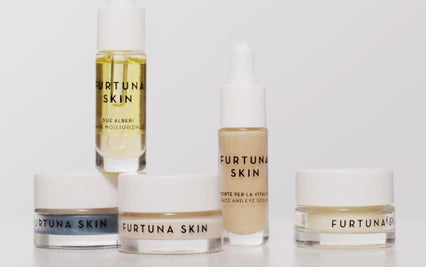
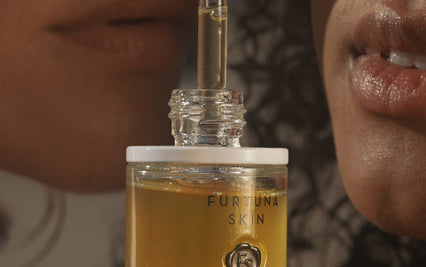
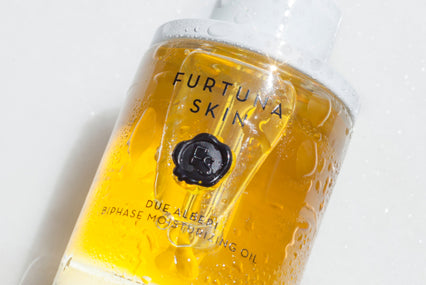
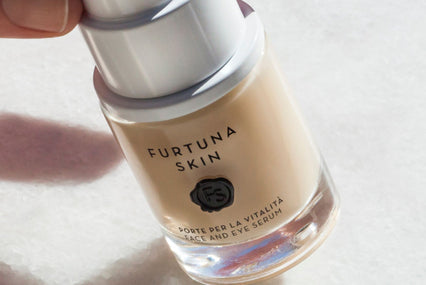
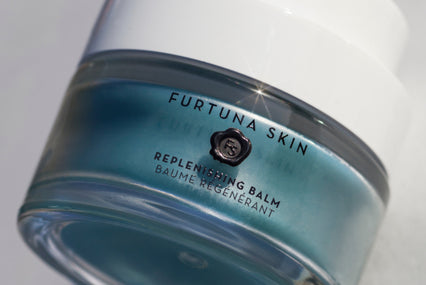
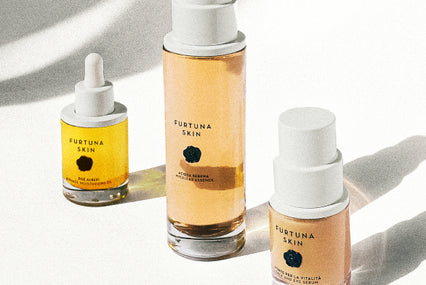
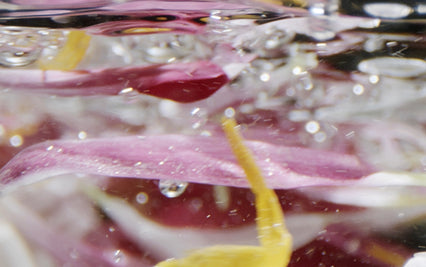
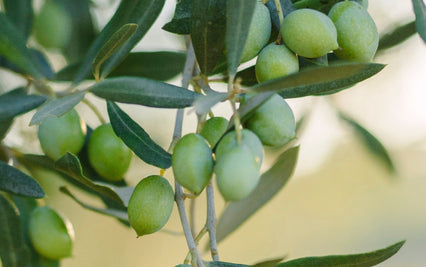




Comment